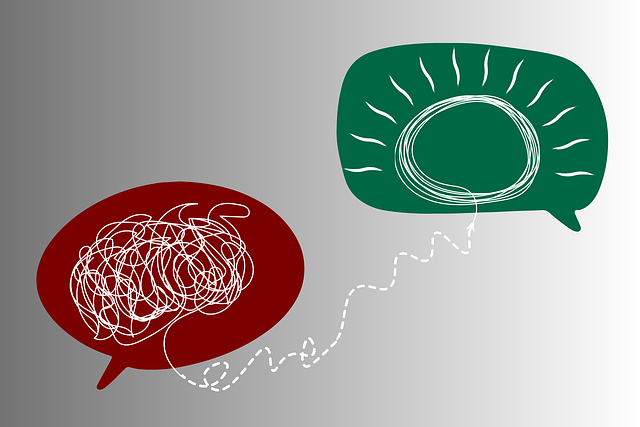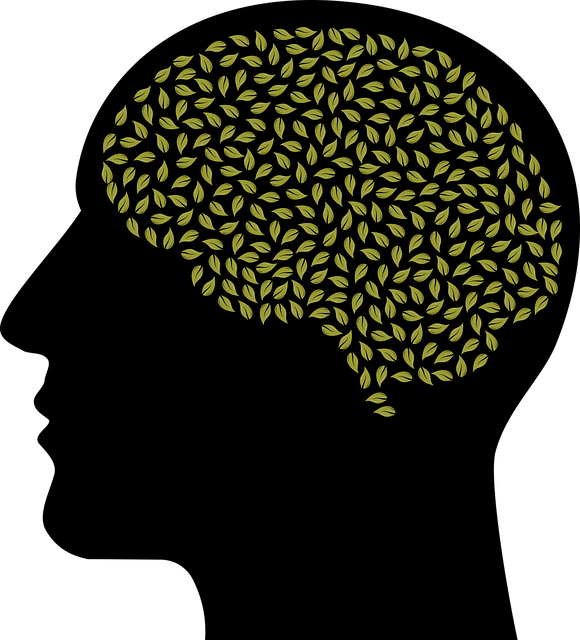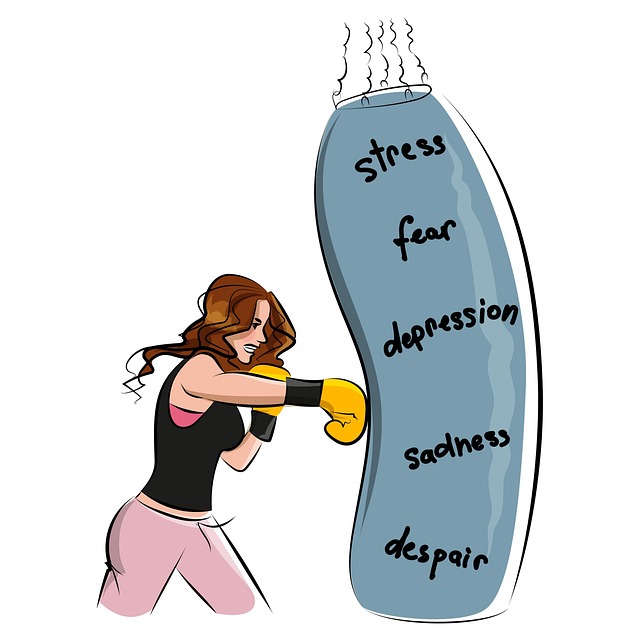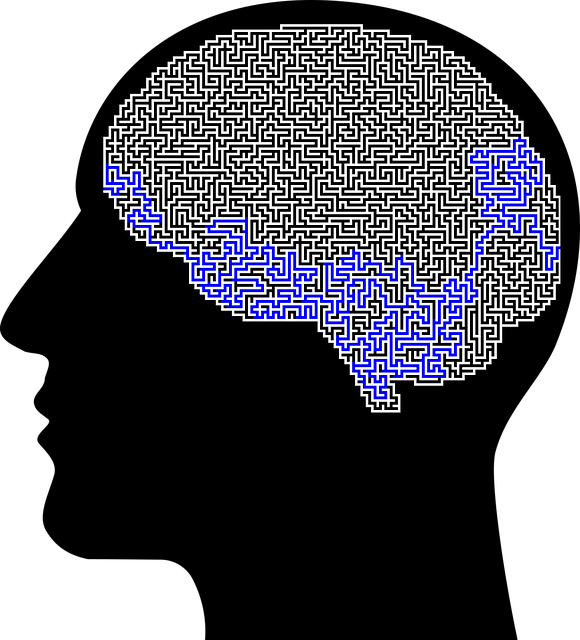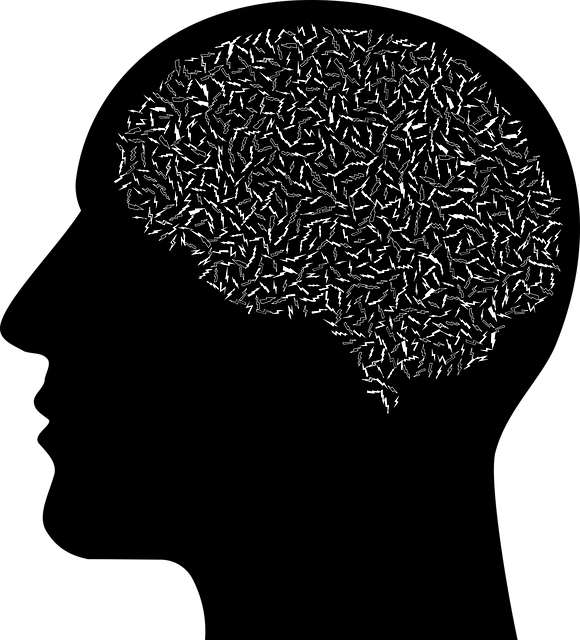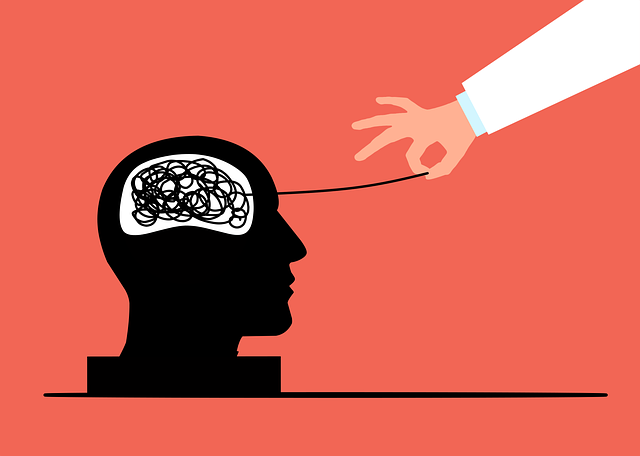In a rapidly changing world, rising mental health challenges among children and men highlight the need for specialized therapy models. Mental wellness coaching offers a promising approach with evidence-based practices tailored to these specific populations. For children, focus on emotional intelligence development through open communication and play therapy. Men's programs should create supportive environments, advocate for stigma reduction, and incorporate mindfulness techniques. Implementing these interventions strategically, with digital platforms for accessibility, demonstrates tangible impacts measured through holistic evaluation methods beyond numerical assessments. Key areas of focus: Therapy for Children, Mens Issues.
Mental wellness coaching programs are gaining prominence as innovative solutions for addressing unique challenges faced by children and men. This article explores the critical need for tailored interventions, delving into key components that make these programs effective. We provide strategies for implementation and scaling, while emphasizing the importance of measurement for evaluating success. By focusing on therapy for children and men’s issues, these coaching programs offer hope and support, fostering mental resilience and overall well-being.
- Understanding the Need for Mental Wellness Coaching Programs Specifically Tailored for Children and Men's Issues
- Key Components of Effective Mental Wellness Coaching Programs for Children and Men
- Strategies for Implementing and Scaling Mentally Well Coaching Interventions
- Measuring Success and Impact: Evaluating the Efficacy of Mental Wellness Coaching Programs
Understanding the Need for Mental Wellness Coaching Programs Specifically Tailored for Children and Men's Issues

In today’s fast-paced world, mental health challenges are becoming increasingly prevalent among children and men. Traditional therapy models often fail to address the unique needs of these demographics, leaving a gap in support for many. The demand for specialized programs that cater specifically to children and men’s issues is rising, as we recognize the importance of early intervention and tailored strategies for optimal well-being.
Children and men may face distinct barriers when it comes to seeking help for their mental health. From societal expectations to a lack of accessible resources, various factors contribute to undiagnosed or untreated conditions. Mental wellness coaching programs designed for these specific groups offer a non-threatening approach to explore and address emotional challenges. By incorporating evidence-based practices such as stress reduction methods, compassion cultivation, and self-care techniques, coaches can empower children and men to develop resilience, improve coping skills, and foster a positive mindset. Tailoring therapy to these unique populations is essential in promoting mental wellness and preventing more severe issues from developing.
Key Components of Effective Mental Wellness Coaching Programs for Children and Men

Mental wellness coaching programs tailored for children and men must incorporate several key components to be effective. For children, these programs should focus on building emotional intelligence by teaching them to recognize and manage their feelings. This includes fostering open communication, encouraging self-expression, and providing a safe space for them to process emotions and experiences. Therapy for children should also integrate play therapy techniques and age-appropriate activities to make the coaching process engaging and less intimidating.
For men, addressing mental health issues often requires a different approach due to societal expectations and stigma reduction efforts. Men’s programs should prioritize creating a supportive environment where they feel comfortable discussing their struggles without fear of judgment. Incorporating aspects of mindfulness, stress management techniques, and peer support groups can significantly enhance mood management skills. Moreover, Mental Health Policy Analysis and Advocacy plays a crucial role in ensuring that coaching initiatives align with broader societal changes, challenging existing norms that deter men from seeking therapy.
Strategies for Implementing and Scaling Mentally Well Coaching Interventions

Implementing and scaling mentally well coaching interventions requires a strategic approach tailored to diverse populations. For children, integrating therapy into schools or community settings can normalize conversations about mental health early on. Techniques like mindfulness exercises and social-emotional learning programs not only enhance coping skills development but also foster a supportive environment. When designing these programs, it’s crucial to factor in regular risk assessment for mental health professionals to ensure they can handle the emotional demands of their roles effectively.
Men’s issues often present uniquely, with stigma acting as a significant barrier to seeking help. Coaching interventions tailored to men’s experiences, focusing on topics like stress management and resilience building, can be game-changers. Burnout prevention strategies, including setting clear boundaries and promoting self-care practices, are essential for maintaining the integrity of these programs. Ensuring accessibility and scalability through digital platforms can significantly reach more individuals in need, regardless of their location or schedule.
Measuring Success and Impact: Evaluating the Efficacy of Mental Wellness Coaching Programs

Measuring success and impact is a critical aspect of evaluating the efficacy of mental wellness coaching programs, especially when considering therapy for children and men’s issues. Traditional methods often involve quantitative assessments, such as pre-post tests that measure changes in symptoms or mental health scores. These tools help quantify improvements but may not capture the qualitative shifts experienced by participants. Therefore, incorporating more holistic metrics is essential.
Beyond numerical data, programs can assess success through client feedback and satisfaction surveys, which provide insights into individuals’ perceived changes in well-being and their ability to manage challenges effectively. Additionally, developing robust evaluation frameworks that include long-term follow-ups allows for a comprehensive understanding of the sustainability of program outcomes, contributing to the broader goal of mental health awareness and public awareness campaigns development. Integrating these diverse assessment methods ensures that mental wellness coaching programs design interventions tailored to individual needs while also demonstrating their tangible impact on participants’ lives.
Mental wellness coaching programs, specifically designed for children and men’s unique issues, are a vital game-changer in the realm of mental health support. By understanding the specific needs of these demographics and implementing tailored strategies, we can foster healthier minds. Effective programs focus on key components such as building resilience, promoting self-awareness, and offering personalized guidance. Scaling these interventions ensures accessibility, enabling more individuals to receive much-needed therapy for children and men’s issues. Through careful evaluation and measurement, we can assess the impact and continuously improve these coaching methods, ultimately enhancing mental wellness on a broader scale.




